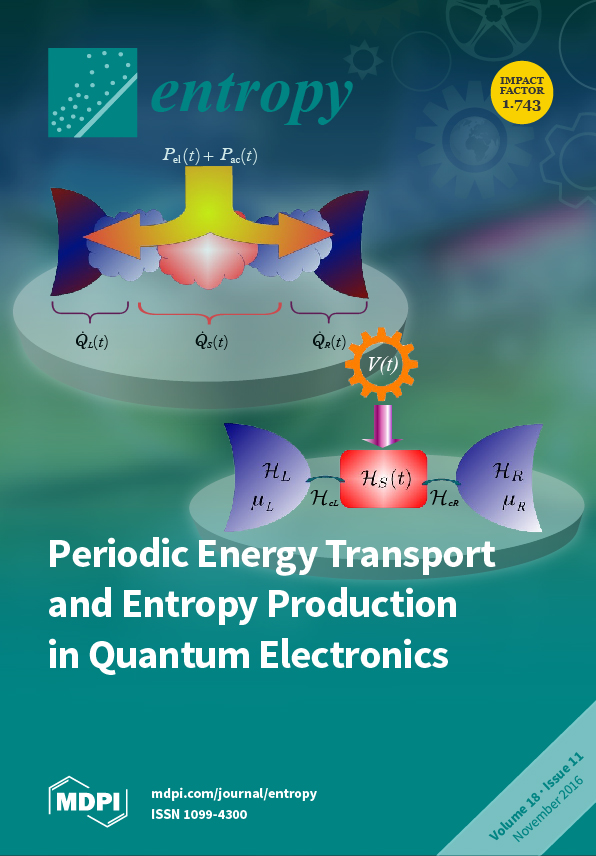Multiscale entropy (MSE) was introduced in the 2000s to quantify systems’ complexity. MSE relies on (i) a coarse-graining procedure to derive a set of time series representing the system dynamics on different time scales; (ii) the computation of the sample entropy for each coarse-grained time series. A refined composite MSE (rcMSE)—based on the same steps as MSE—also exists. Compared to MSE, rcMSE increases the accuracy of entropy estimation and reduces the probability of inducing undefined entropy for short time series. The multivariate versions of MSE (
MMSE) and rcMSE (
MrcMSE) have also been introduced. In the coarse-graining step used in MSE, rcMSE,
MMSE, and
MrcMSE, the mean value is used to derive representations of the original data at different resolutions. A generalization of MSE was recently published, using the computation of different moments in the coarse-graining procedure. However, so far, this generalization only exists for univariate signals. We therefore herein propose an extension of this generalized MSE to multivariate data. The multivariate generalized algorithms of
MMSE and
MrcMSE presented herein (
MGMSE and
MGrcMSE, respectively) are first analyzed through the processing of synthetic signals. We reveal that
MGrcMSE shows better performance than
MGMSE for short multivariate data. We then study the performance of
MGrcMSE on two sets of short multivariate electroencephalograms (EEG) available in the public domain. We report that
MGrcMSE may show better performance than
MrcMSE in distinguishing different types of multivariate EEG data.
MGrcMSE could therefore supplement
MMSE or
MrcMSE in the processing of multivariate datasets.
Full article






